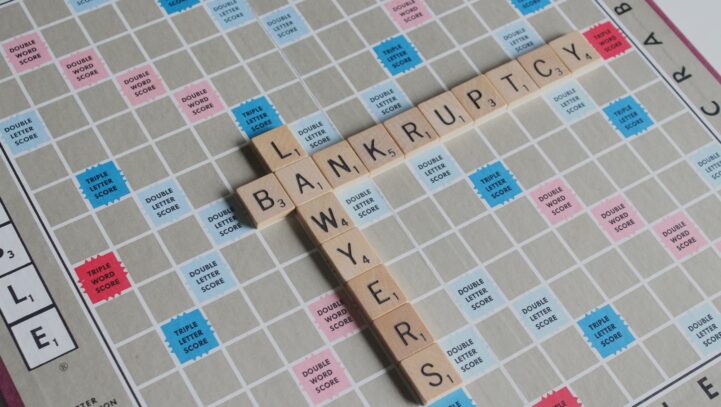Managing Debt During COVID-19
6/22/2020
MANAGING DEBT DURING COVID-19
The economy has been thrown in a tailspin during COVID-19 and many have called the COVID-19 pandemic a time of uncertainty, as evidenced by every other TV commercial using “time of uncertainty” in their ads. There is one thing that is certainly on everyone’s mind, “Our finances”.
Every day I receive phone calls from clients, family and friends who have been impacted both financially and personally by COVID-19. Many have been laid off, furloughed or are working fewer hours and are having a difficult time managing debt and bills. Last month, the U.S. Labor Department reported over 30.3 million people have filed for unemployment, which represents roughly 18.6% of the US labor force. Nearly every state in the U.S. had historic levels of unemployment during the last few months. In Arizona, unemployment claims rate hit 17% end of May and in June new claims for unemployment continue to rise again.
GOT COVID-DEBT?
There are countless ways in which households throughout our Arizona community have suffered the last few months during the COVID-19 pandemic. Finances being at the top of the list. Economic fallouts resulting from COVID-19 continue to unfold, affecting a variety of industries. For many getting through the last few months meant either dipping into savings, retirement accounts or using credit cards just to pay the rent, car payment or mortgage. With hopes of the economy re-opening, there also comes the hope of increase in jobs and income. However, once you have credit card debt or have fallen behind a few months in rent or your mortgage, it seems almost impossible to catch up with having to pay outrageous late fees or interest rates.
PRIORITZE DEBT
When dealing with debt, prioritizing the payment of debts is essential. There are also some big No-Nos when it comes to dipping into your retirement accounts to pay off certain types of debt.
The first step in managing debt or bills is to make a list of current debt in order of the most important to the least. For example, your mortgage may be at the top of the list, while credit cards may be a bit further down. When prioritizing your bills, you want to start with the essentials first: mortgage, utilities, and car payments. Think of what you need at the basic level, i.e. shelter, food and transportation. Although you will likely need to use credit cards for essential expenses like groceries, gas and prescriptions, payment of credit card bills should not be at the top of your list.
TIP* Do not use your stimulus check to pay off credit card debt.
Second step is to reach out to creditors to see what options exist for delaying or cutting back on payments. For example, The CARES Act, mandated that all borrowers with government back mortgages be allowed to delay payments for up to 12 months. Additionally, both private and government student loans are also offering automatic forbearance and allowing postponement of payments. Some banks are even offering breaks on credit card payments and allowing individuals to skip monthly payments temporarily. Many creditors will have their COVID-19 policies posted on their website to help you understand what options you may have. Finally, it is important to remember that these difficult times will also pass and the after the COVID-19 outbreak, negotiating with creditors will still be an option.
NEGOTIATE OR ELIMINATE DEBT
That said, if you can’t negotiate your debt obligations, filing for a bankruptcy might be the last resort option for complete debt relief. However, with some financial prioritizing, negotiating with creditors and understanding all debt relief options, you will know that you have maximized the money available to you prior to even considering bankruptcy.
TIP* Do not dip into an ERISA-qualified retirement account to pay a bill that a bankruptcy discharge can wipe out.
We can discuss options for managing your debt and help you prioritize to protect your finances during COVID-19 pandemic. It’s never a good idea to stop paying bills if you don’t know whether you’ll qualify for bankruptcy for the simple reason that it can be hard to catch up on payments (although sometimes you don’t have a choice). If you’re considering bankruptcy, speak with a local bankruptcy lawyer as soon as possible.
Contact Patel Law PLC for a free consultation. We are offering REMOTE COVID-19 consults.
Call (602) 266-2169 or visit us at: www.patellawaz.com
Our attorneys at Patel Law PLC can sit down with you to help you come up with a plan for debt relief, whether it is helping you prioritize the payment of your debt or seeing if you might benefit from a Chapter 7 Bankruptcy.

